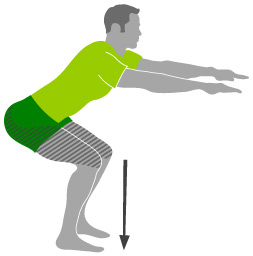Multiple Sclerosis: A Comprehensive Guide to Symptoms, Diagnosis, and Global Trends
.jpg)
Disclaimer: The information provided in this article is intended for general knowledge and informational purposes only and does not constitute medical advice. It is essential to consult with a qualified healthcare professional for any health concerns or before making any decisions related to your health or treatment. Introduction Multiple sclerosis (MS) is a complex and often misunderstood autoimmune disease that affects millions of people worldwide. In this article, we will explore the global statistics of MS, its symptoms, risk factors, and how it can be managed. We’ll also discuss why MS is on the rise in developing countries and what governments can do to protect their citizens. What is multiple sclerosis? Multiple sclerosis is a chronic autoimmune condition where the immune system mistakenly attacks the protective covering of nerves, known as myelin. This damage disrupts communication between the brain and the rest of the body, leading to a wide range of symptoms. MS p...
.jpg)
